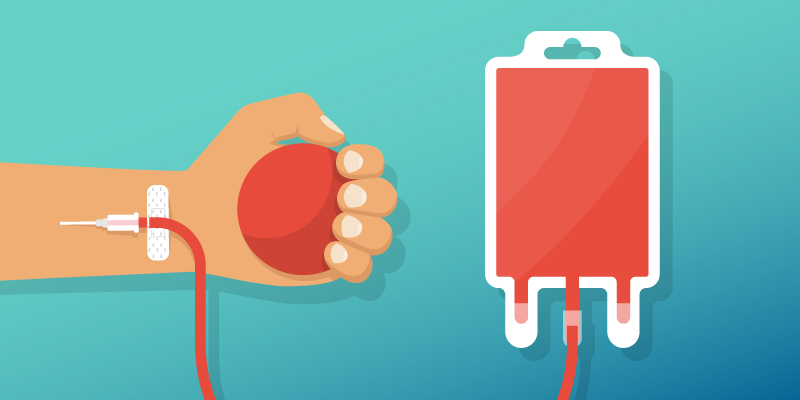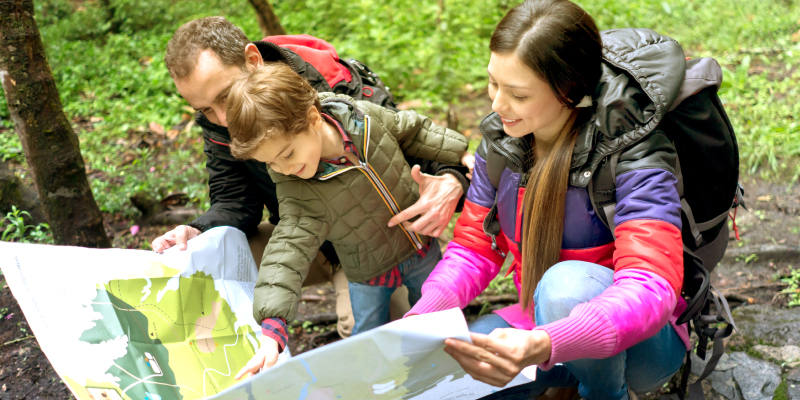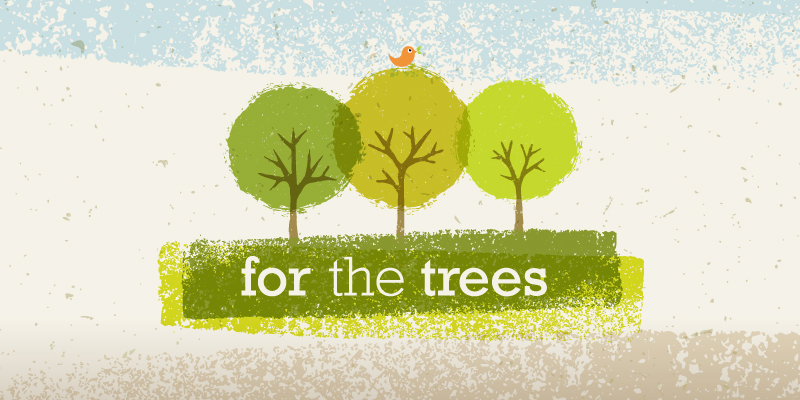According to America First bylaws, three members will be elected to three-year
terms on our Board of Directors at the Annual Meeting on April 19, 2022.
Incumbent volunteers are Barney Chapman and Kenlon Reeve.
Those interested in becoming Directors must have membership in good
standing, be 18 years or older, bondable, free from conflicts of interest, and
available for meetings. Apply at americafirst.com/volunteers and include a
statement of qualification (limited to 150 words) by 5 p.m. on January 8, 2022.
Nominations by petition are accepted and must be signed by at least 500
members. Qualification statements with 150-word limits, biographical data,
and signed certificates stating they are agreeable to nomination and will serve
if elected are required. Such petitions must be received by 5 p.m. on February
28, 2022. Balloting will not be conducted if there is one nominee for each open
position. Nominations from the floor are not accepted.








